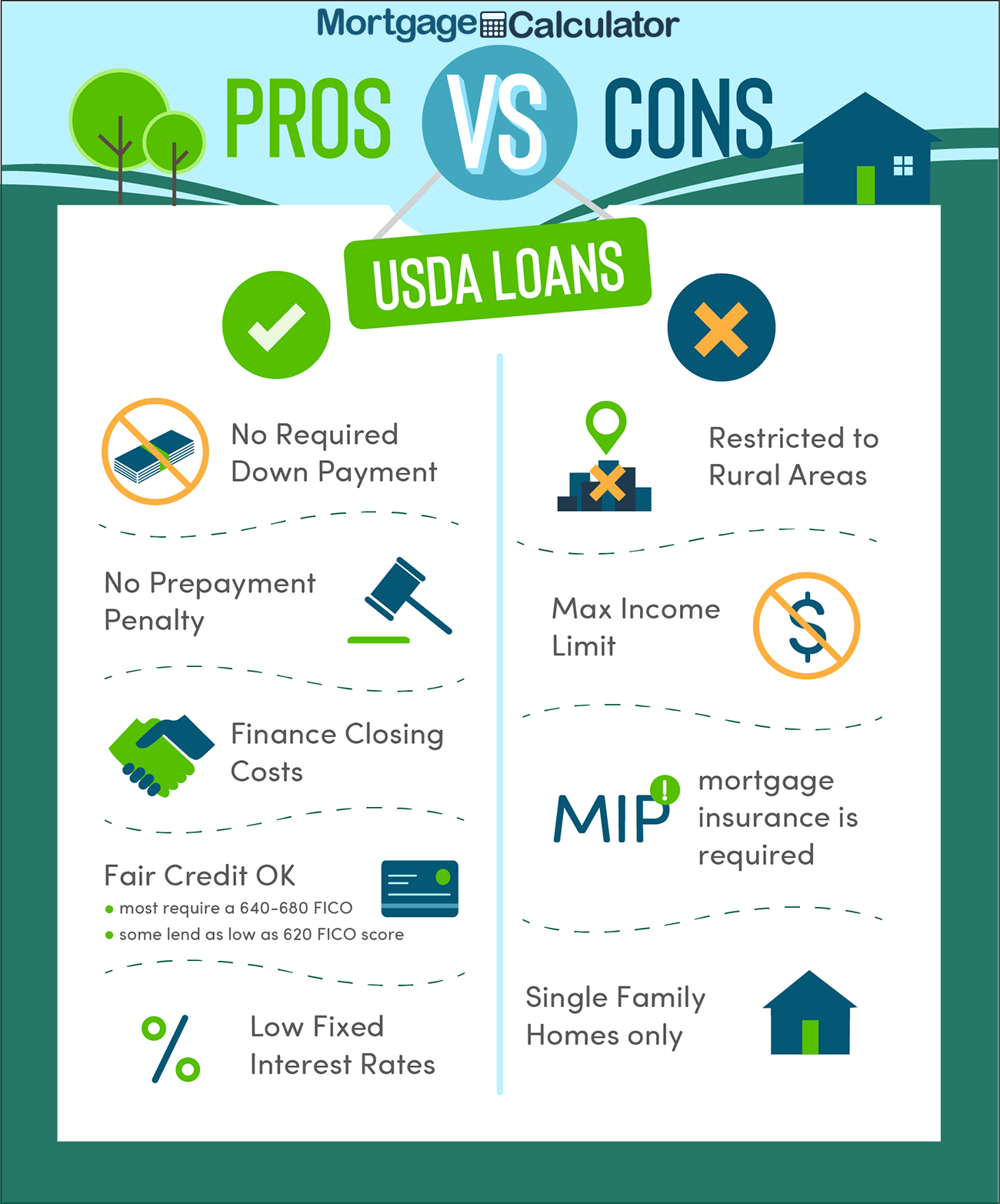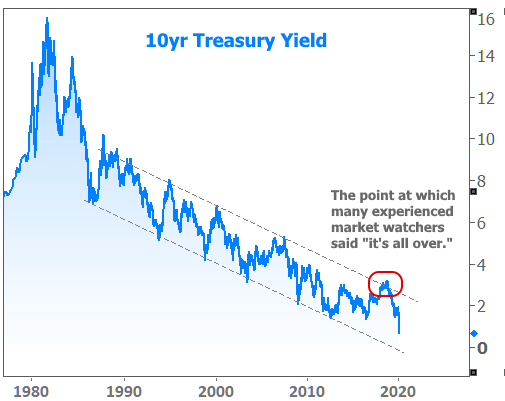Table of Contents10 Simple Techniques For What Is One Difference Between Fixed-rate Mortgages And Variable-rate Mortgages?How What Credit Score Model Is Used For Mortgages can Save You Time, Stress, and Money.9 Easy Facts About How To Calculate Home Mortgages ShownSee This Report on How Do Reverse Mortgages Work?
Now, what I've done here is, well, actually before I get to the chart, let me in fact reveal you how I compute the chart and I do this throughout 30 years and it passes month. So, so you can picture that there's really 360 rows here on the real spreadsheet and you'll see that if you go and open it up. what is the current interest rate for commercial mortgages?.
So, on month zero, which I don't show here, you borrowed $375,000. Now, throughout that month they're going to charge you 0.46 percent interest, remember that was 5.5 percent divided by 12. 0.46 percent interest on $375,000 is $1,718.75. So, I have not made any home mortgage payments yet.
So, now prior to I pay any of my payments, rather of owing $375,000 at the end of the very first month I owe $376,718. Now, I'm a great guy, I'm not going to default on my home loan so I make that first home mortgage payment that we determined, that we determined right over here.
Now, this right here, what I, little asterisk here, this is my equity now. So, keep in mind, I began with $125,000 of equity. After paying one loan balance, after, after my first payment I now have $125,410 in equity. So, my equity has actually increased by precisely $410. Now, you're most likely stating, hey, gee, I made a $2,000 payment, an approximately a $2,000 payment and my equity only went up by $410,000.
So, that really, in the start, your payment, your $2,000 payment is mostly interest. Only $410 of it is primary. However as you, and then you, and after that, so as your loan balance goes down you're going to pay less interest here and so each of your payments are going to be more weighted towards principal and less weighted towards interest.
This is your new prepayment balance. I pay my mortgage once again. This is my new loan balance. And notification, currently by month two, $2.00 more went to principal and $2.00 less went to interest. And throughout 360 months you're visiting that it's a real, sizable difference.

The Greatest Guide To What Are Today's Interest Rates On Mortgages
This is the interest and primary parts of our mortgage payment. So, this entire height right here, this is, let me scroll down a little bit, this is by month. So, this whole height, if you observe, this is the exact, this is precisely our home loan payment, this $2,129 (what are mortgages). Now, on that extremely first month you saw that of my $2,100 just $400 of it, this is the $400, only $400 of it went to actually pay down the principal, the actual loan quantity.
The majority of it chose the interest of the month. But as I begin paying for the loan, as the loan balance gets smaller sized and smaller sized, each of my payments, there's less interest to pay, let me do a better color than that. There is less interest, let's say if we head out here, this is month 198, over there, that last month there was less interest so more of my $2,100 in fact goes to pay off the loan.
Now, the last thing I desire to speak about in this video without making it too long is this concept of a interest tax deduction. So, a great deal of times you'll hear financial coordinators or realtors inform you, hey, the benefit of buying your home is that it, it's, it has tax benefits, and it does. how mortgages work.
Your interest, not your whole payment. Your interest is tax deductible, deductible. And I desire to be extremely clear with what deductible means. So, let's for example, talk about the interest charges. So, this whole time over 30 years I am paying $2,100 a month or $2,129.29 a month. Now, at the starting a lot of that is interest.
That $1,700 is tax-deductible. Now, as we go further and even more every month I get a smaller and smaller tax-deductible portion of my actual home loan payment. Out here the tax deduction is in fact extremely small. As I'm preparing to settle my whole mortgage and get the title of my house.
This does not mean, let's say that, let's state in one year, let's state in one year I paid, I don't understand, I'm going to make up a number, I didn't determine it on the spreadsheet. Let's state in year one, year one, I pay, I pay $10,000 in interest, $10,000 in interest.
What Kind Of Mortgages Are There Things To Know Before You Get This
And, however let's say $10,000 went to interest. To say this deductible, and let's state before this, let's say before this I was making $100,000. Let's put the loan aside, let's state I was making $100,000 a year and let's say I was paying roughly 35 percent on that $100,000.
Let's state, you know, if I didn't have this mortgage I would pay 35 percent taxes which would have to do with $35,000 in taxes for that year. Just, this is simply a rough estimate. Now, when you state that $10,000 is tax-deductible, the interest is tax-deductible, that does not indicate Additional resources that I can simply take it from the $35,000 that I would have typically owed and only paid $25,000.
So, when I inform the Internal Revenue Service how much did I make this year, instead of stating, I made $100,000 I state that I made $90,000 since I was able to subtract this, not directly from my taxes, I was able to deduct it from my earnings. So, now if I just made $90,000 and I, and this is I'm doing a gross oversimplification of how taxes actually get calculated.
Let's get the calculator. So, 90 times.35 amounts to $31,500. So, this will amount to $31,500, put a comma here, $31,500. So, off of a $10,000 deduction, $10,000 of deductible interest, I basically saved $3,500. I did not save $10,000. So, another method to believe about it if I paid $10,000 interest, I'm going to, and my tax rate is 35 percent, I'm going to save 35 percent of this in actual taxes.
You're deducting it from the income that you report to the IRS. If there's something that you could in fact take directly from your taxes, that's called a tax credit. So, if you were, uh, if there was some unique thing that you could in fact deduct it straight from your credit, from your taxes, that's a tax credit, tax credit.
And so, in this spreadsheet I simply want to reveal you that I actually computed in that month how much of a tax reduction do you get. So, for example, simply off of the first month you paid $1,700 in interest of your $2,100 home loan payment. So, 35 percent of that, and I got the 35 percent as one of your presumptions, https://diigo.com/0idctl 35 percent of $1,700 - what does it mean when economists say that home buyers are "underwater" on their mortgages?.
How How To Sell Mortgages can Save You Time, Stress, and Money.

So, roughly over the course of the first year I'm going to save about $7,000 in taxes, so that's nothing, nothing to sneeze at. Anyway, hopefully you found this valuable and I encourage you to go to that spreadsheet and, uh, have fun with the assumptions, just the assumptions in this brown color unless you actually know what you're finishing with the spreadsheet.